The United States is about to undergo a leadership transition when Mr. Donald Trump is officially elected president for the 2025-2029 term. On this occasion, Mr. Rafik Mansour, Deputy Assistant Secretary of State in the Bureau of Educational and Cultural Affairs of the US Department of State (ECA), had a conversation with Thanh Nien about the trend of studying in the US in Vietnam and the support that the US will provide for Vietnamese students in the coming time.
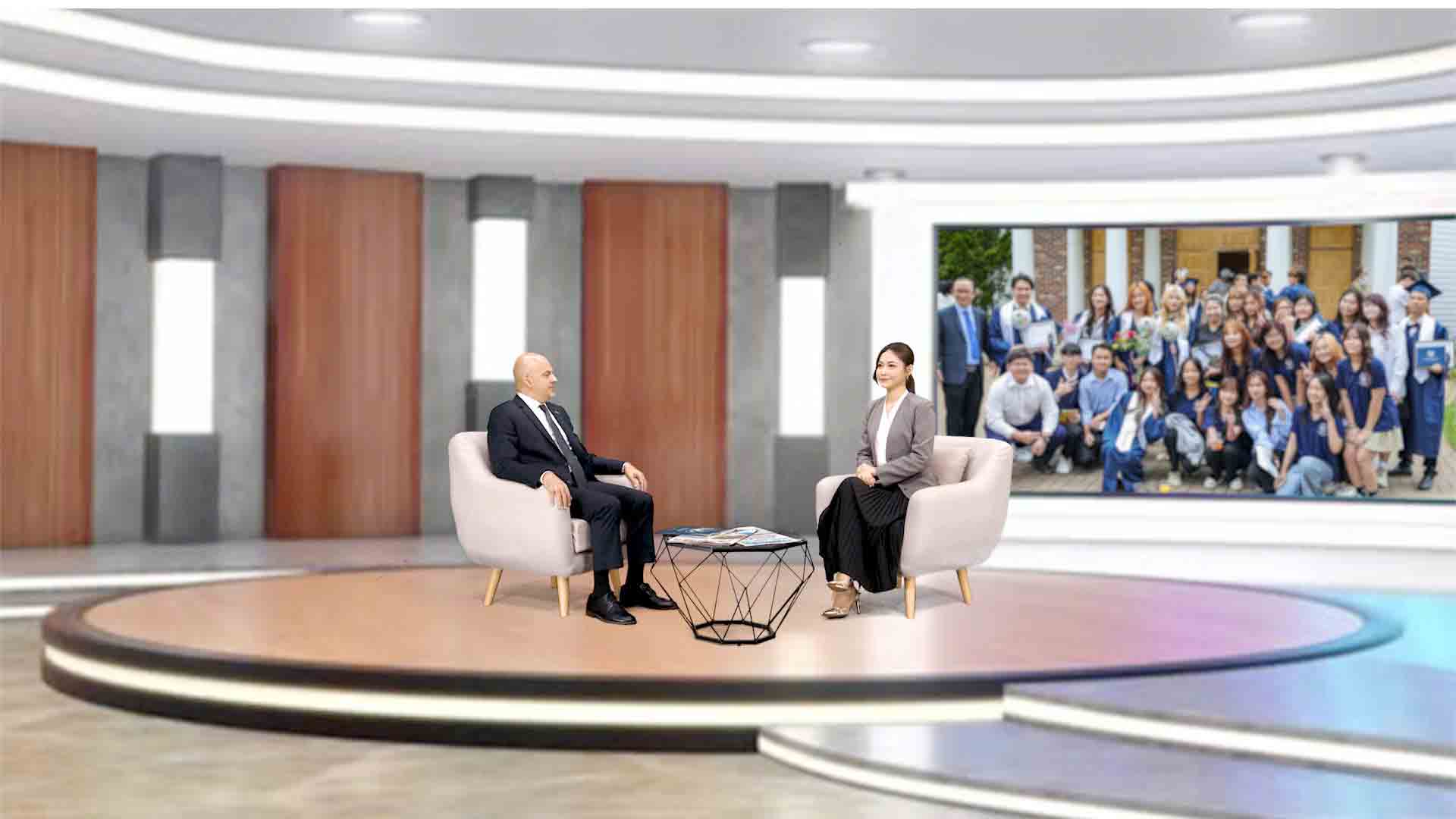
Mr. Rafik Mansour, Deputy Assistant Secretary of State in the Bureau of Educational and Cultural Affairs of the US Department of State (ECA), talks with Thanh Nien about US study abroad policies.
30,000 VIETNAMESE STUDY IN THE US
Citing data from the newly released Open Doors 2024 report, Mr. Mansour shared that the number of Vietnamese international students studying at US universities increased by 1% this year, to more than 22,000. However, if including high school students, this number is about 30,000. "Vietnam ranks 6th in the number of university students in the US and has been in the top 10 for the number of international students at universities for many years," Mr. Mansour shared.
A notable point is that the quality of Vietnamese students is improving, clearly shown through the increasing English proficiency and academic performance of DHS students when studying in the US. This is a comment from American universities and Mr. Mansour himself also noticed the same thing when interacting with high school students. "Making English the second language in schools will greatly benefit young people in particular and Vietnam in general," he commented.
WHAT CHANGED AFTER MR. TRUMP TAKEN OFFICE?
When asked about the US policy towards international students after President-elect Donald Trump officially takes office next year, Mr. Mansour did not answer directly but said that the country always wants to attract talent from all over the world , so it welcomes international students to study and contribute. One of the prominent policies to support DHS is the optional practical training program, abbreviated as OPT.
"With OPT, you will be able to stay in the US for one year after graduating from US universities. This number will increase by 2, to a total of 3 years if international students study STEM (science, technology, engineering, mathematics). We are trying to promote STEM education to everyone, especially women and girls," Mr. Mansour informed, adding that this year there are more than 1.1 million DHS coming to the US.
"Americans benefit not only from academic exchanges but also from the cultural exchanges and cultural contributions that international students bring to our country," the US State Department representative emphasized. "We want more students from Vietnam to come to the US to study."
According to Mr. Mansour, Vietnam and the US have just marked one year of upgrading their relationship to a Comprehensive Strategic Partnership and next year both countries will also celebrate 30 years of establishing diplomatic relations. "We want to strengthen cooperation with Vietnam in many fields, especially education, because this is the future of the two countries and also plays an important role in developing people-to-people exchanges," Mr. Mansour shared.
Another highlight mentioned by Mr. Mansour is that in 2025, the two countries will hold their first people-to-people dialogue to find more cooperation opportunities not only for students but also for teachers and university administrators. Previously, Vietnam was also selected for the first time to participate in the Community College Management Program (CCAP), helping teachers and students learn new skills, supporting the country to improve the high-tech sector.
"To improve the quality of education and develop human resources for any country requires the cooperation and contribution of the whole community, and the US will always be ready to accompany Vietnam in this process," Mr. Mansour affirmed.
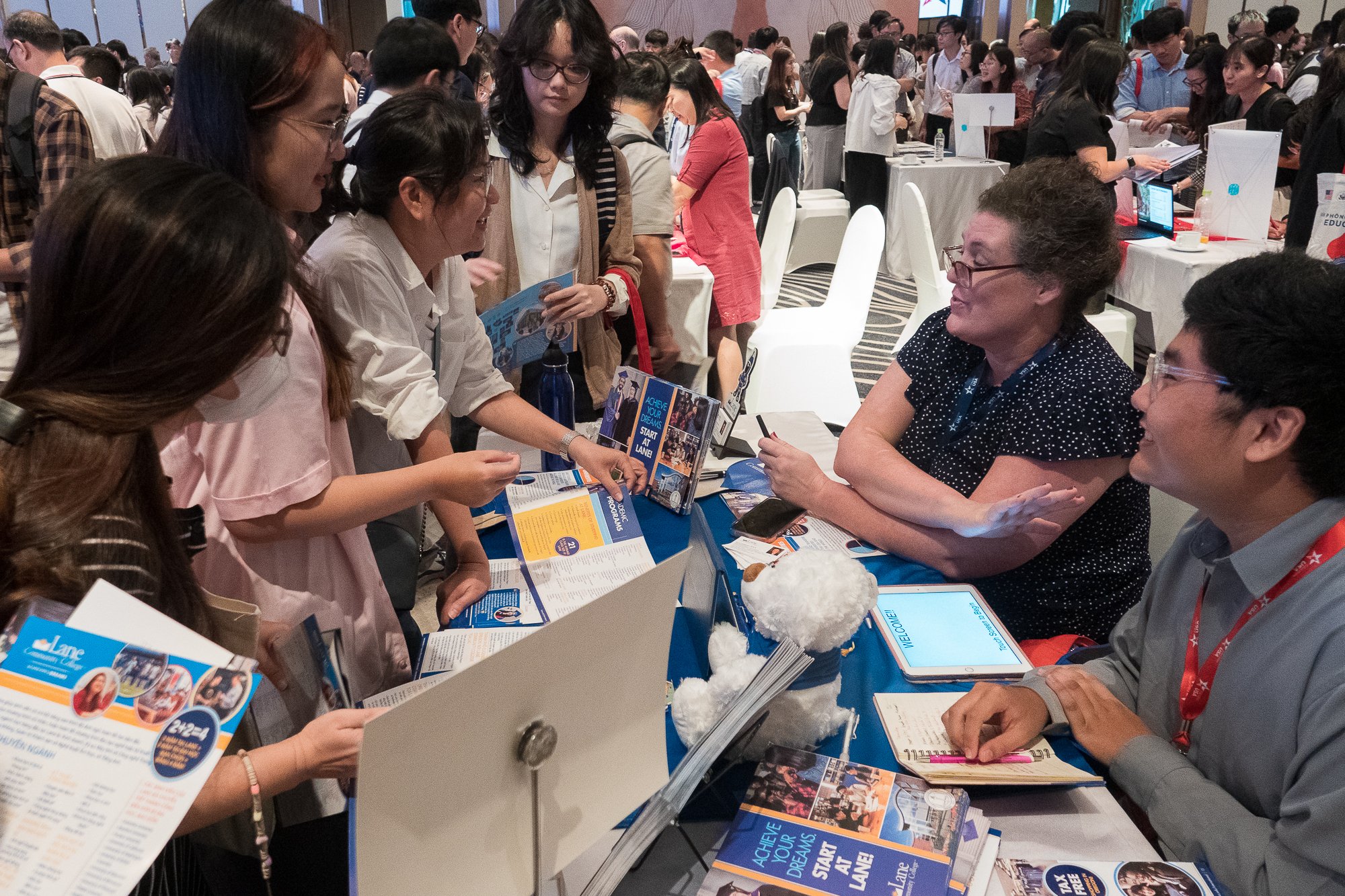
Students learn about studying in the US
ADVICE FOR VIETNAMESE STUDENTS
Mr. Mansour informed that the US currently has more than 3,500 accredited universities and Americans also have difficulty in choosing a suitable study destination. Therefore, the EducationUSA office was built to support Vietnamese people not only in the process of choosing a school and completing application documents but also when applying for scholarships and student visas. All are done under the advice of experts.
"This service is completely free and available at American Centers in Hanoi and Ho Chi Minh City," the US State Department representative emphasized, adding that during International Education Week as well as throughout the year, EducationUSA organizes many seminars, workshops... across Vietnam, both online and in person for learners and teachers interested in more exchanges and dialogues with the US.
In addition, regarding the security situation on US university campuses, Mr. Mansour advised: "Please rest assured that the safety of students, whether American or foreign, is always a top priority, especially in universities. Universities in the US all have their own police and security systems, so they are very safe."
"I wish Vietnamese students a rewarding, safe and memorable study experience in the US," said Mr. Rafik Mansour.
American universities give preferential admission and scholarships to Vietnamese people
Previously, at the US University Education Exhibition organized by the US Consulate General in Ho Chi Minh City, many US universities shared with Thanh Nien that they are "opening the door" to recruiting Vietnamese people by only requiring high school transcripts and English certificates, and can even award valuable scholarships based on grades achieved in class. "The higher your high school transcripts, the higher the scholarship you will receive," said Ms. Dinh My Phuong, admissions representative of the University of Rochester.
Why only two criteria? Greg Holz, international admissions officer at the University of Central Missouri, said the school wanted to operate a simple admissions process so that no student would be burdened with the cost of SAT prep (the test used for admission to American universities). Wichita State University does not even require students to submit an English certificate and allows students to take extra classes after arriving at the school, according to Fai Tai, vice president of finance and marketing.
Another trend is that American schools are stepping up their recruitment in Vietnam in various ways, from high school to university. Some are reducing the pressure by eliminating GRE scores (the test used for master’s degree admission), or by holding preliminary rounds in Vietnam, such as Berklee College of Music.
According to Dr. Le Bao Thang, Director of OSI Vietnam Company based in Ho Chi Minh City, applying to American universities is now much simpler. Not to mention, DHS can also easily transfer to a higher level or class, such as finishing 8th grade in Vietnam, they can go to the US to continue studying 9th grade, or graduating from high school in Vietnam and going to the US to continue studying at university.
"Currently, Vietnamese students do not need to write personal essays, ask for letters of recommendation or submit information about extracurricular activities unless they want to aim for top US universities. The GPA that most schools require is only about 2.5/4 (about 6.5/10 points), or some places require even lower than 2 (about 5.5)," Dr. Thang shared and said: "If you are not good at foreign languages, the school will also create conditions for you to learn English."
Dr. Mark Ashwill, CEO of Capstone Vietnam, a Hanoi-based company, commented that while many countries have adjusted their study abroad policies, the US has remained stable at the national level and is offering more scholarships at the school level than before. The doctor also noted that some top US universities have begun requiring SAT scores again in admissions, but most still do not require submission of this test result.
Regarding the US student visa approval process, Mr. Justin Walls, Head of the Cultural and Information Department (US Consulate General in Ho Chi Minh City), affirmed: "The student visa policies in Vietnam remain stable and consistent." Mr. Walls added that when reviewing applications, the student visa department in Vietnam uses a lot of data and analysis to carefully evaluate and ensure that qualified students can easily study in the US.
Source: https://thanhnien.vn/nhung-luu-y-tu-bo-ngoai-giao-my-ve-du-hoc-tai-nuoc-nay-185241117171835957.htm


![[Photo] Hanoi morning of October 1: Prolonged flooding, people wade to work](https://vphoto.vietnam.vn/thumb/1200x675/vietnam/resource/IMAGE/2025/10/1/189be28938e3493fa26b2938efa2059e)
![[Photo] Keep your warehouse safe in all situations](https://vphoto.vietnam.vn/thumb/1200x675/vietnam/resource/IMAGE/2025/10/1/3eb4eceafe68497989865e7faa4e4d0e)
![[Photo] President of the Cuban National Assembly visits President Ho Chi Minh's Mausoleum](https://vphoto.vietnam.vn/thumb/1200x675/vietnam/resource/IMAGE/2025/10/1/39f1142310fc4dae9e3de4fcc9ac2ed0)





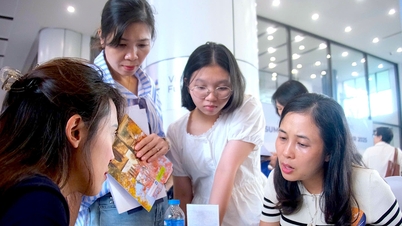
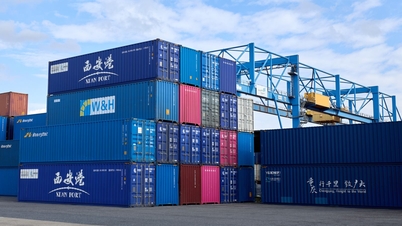



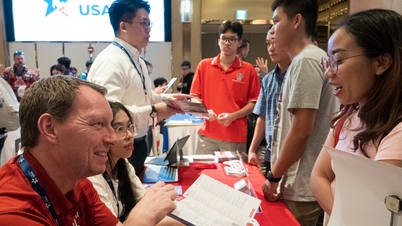
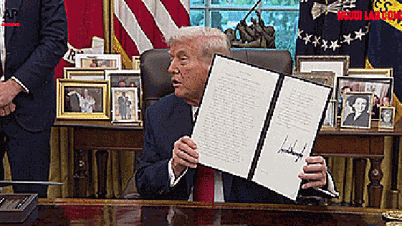

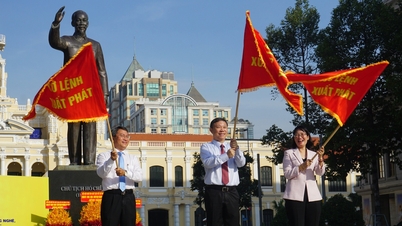
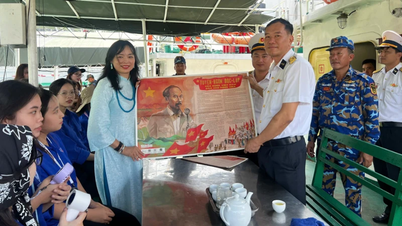

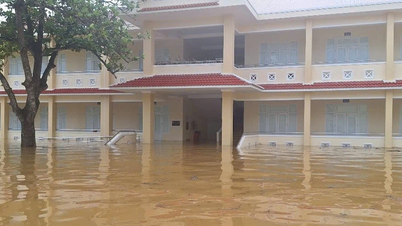


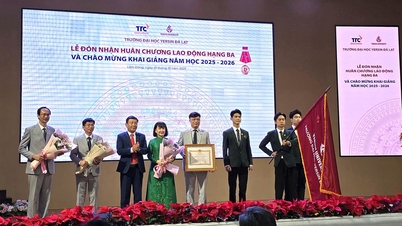
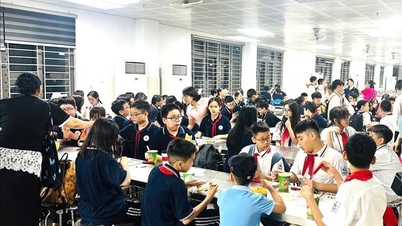




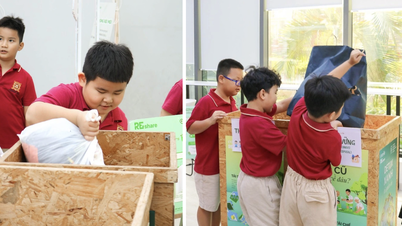
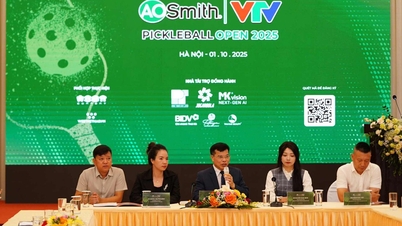
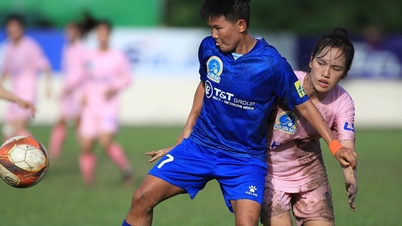

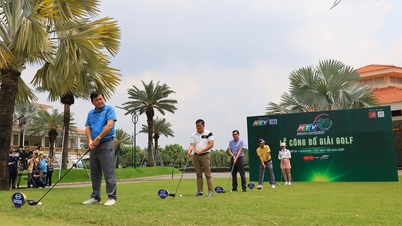
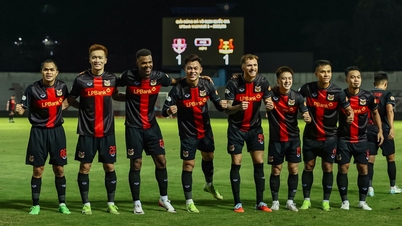




































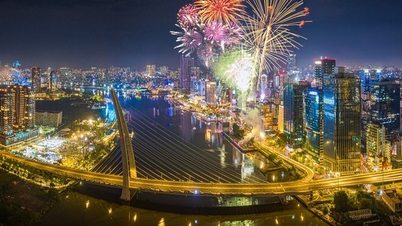


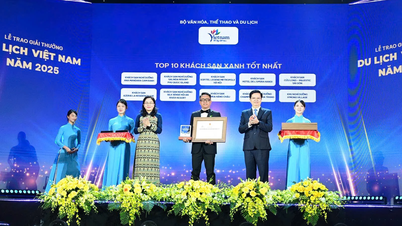

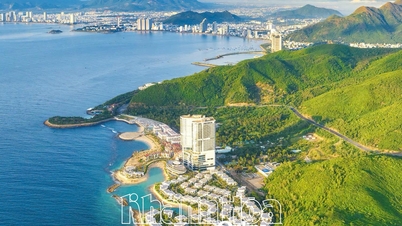
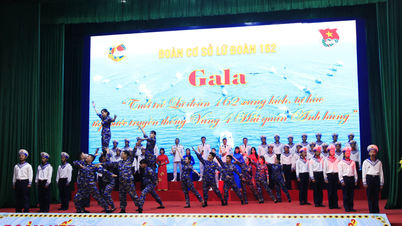
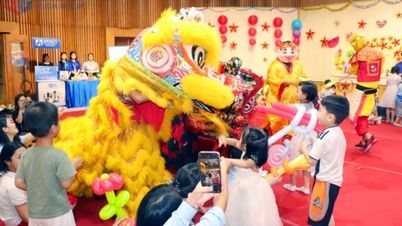

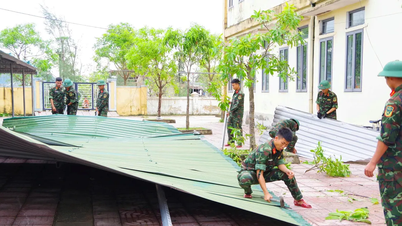















Comment (0)